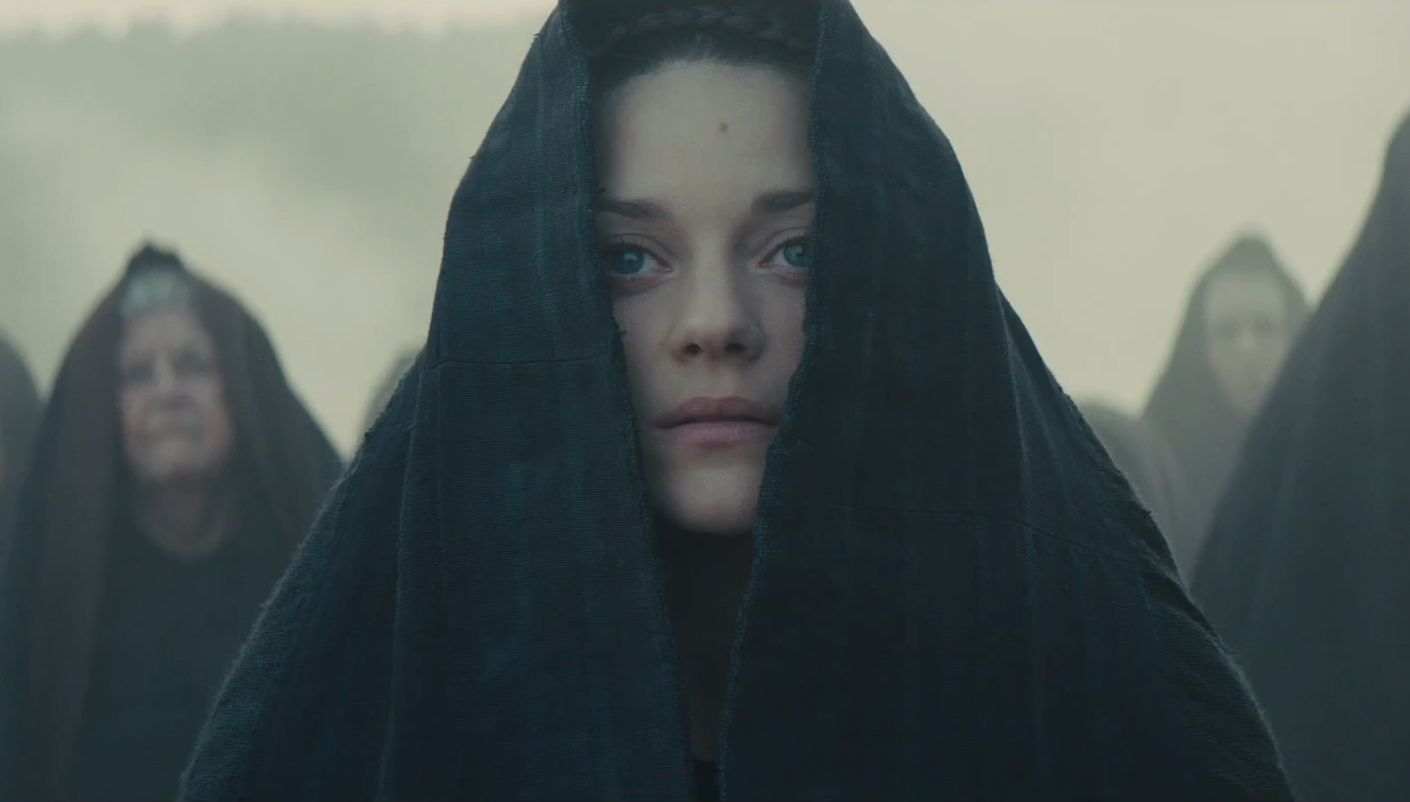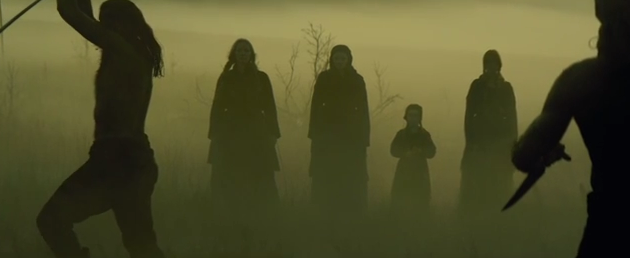As someone who has written four essays on Macbeth through high school and university, performed as Lady Macbeth twice, seen the play twice on stage, and watched three adaptions on the big screen, I expected a film that was much of the same. How wrong I was.

Australian filmmaker Justin Kurzel has created an adaption that will be referred to alongside those of Orson Welles, Akira Kurosawa and Roman Polanski as a great. While it leaves the language and setting unchanged from what Shakespeare intended, it adds perspective not yet explored. Rather than beginning with the predicted “double, double toil and trouble”, the film opens on a small, dead boy being lain to rest by the Macbeths, answering the pervasive question of their conspicuous childlessness. This lack of heir haunts the film, resulting in a shared madness and bitterly motivating the pair’s need to murder not just direct rivals, but entire bloodlines.
This loss of child reverberates in Marion Cotillard‘s depiction of Lady Macbeth. It can be assumed the death of her young son is, in part, the reason why she is initially a cold, power hungry spouse, convinced “what’s done is done”. Her loss of sanity is subtle, quiet, and controlled. Cotillard’s sleep-walking scene is an extraordinary piece of self-contained acting; her soliloquy a heart wrenching, jagged plea to the hallucination of her distracted, dead son.

Michael Fassbender paints Macbeth as battle-weary general. The film’s battle scenes are a loud clash of weapons and screams, but important deaths are depicted in stunning slow motion. This ensures Macbeth’s trauma resonates with the viewer, and we see his hallucinations are inflicted by PTSD, a gritty and realistic angle not yet explored in other adaptations. Fassbender expertly encapsulates his character’s decline to insanity, his agonised delivery, pleading eyes and hungry grin reflect a man no longer in control of his mind, but not at ease in his madness.
The stripped back, gritty sense of these characters extends to the fortune tellers. Rather than grotesque witches, they appear as common peasant women with an unsettling presence, always on the outskirts of battlefields. Their prophetic speeches are heralded by a quiet, hollow knocking that ensures the viewer is as unnerved as Macbeth.

Cinematographically, the film is spectacular and the setting seems to be its own character. The sweeping shots of barren surroundings evoke a sense of isolation, adding to the pervasive psychosis. The monologues and soliloquies are strengthened by the camera work, a combination of intense close ups and mid shots that keep the character still amidst a chaotic backdrop.
My only advice would be to have a good understanding of the play before entering the cinema, as the gruff, Scottish characterisation sometimes sees the Shakespearean dialogue incomprehensible.







